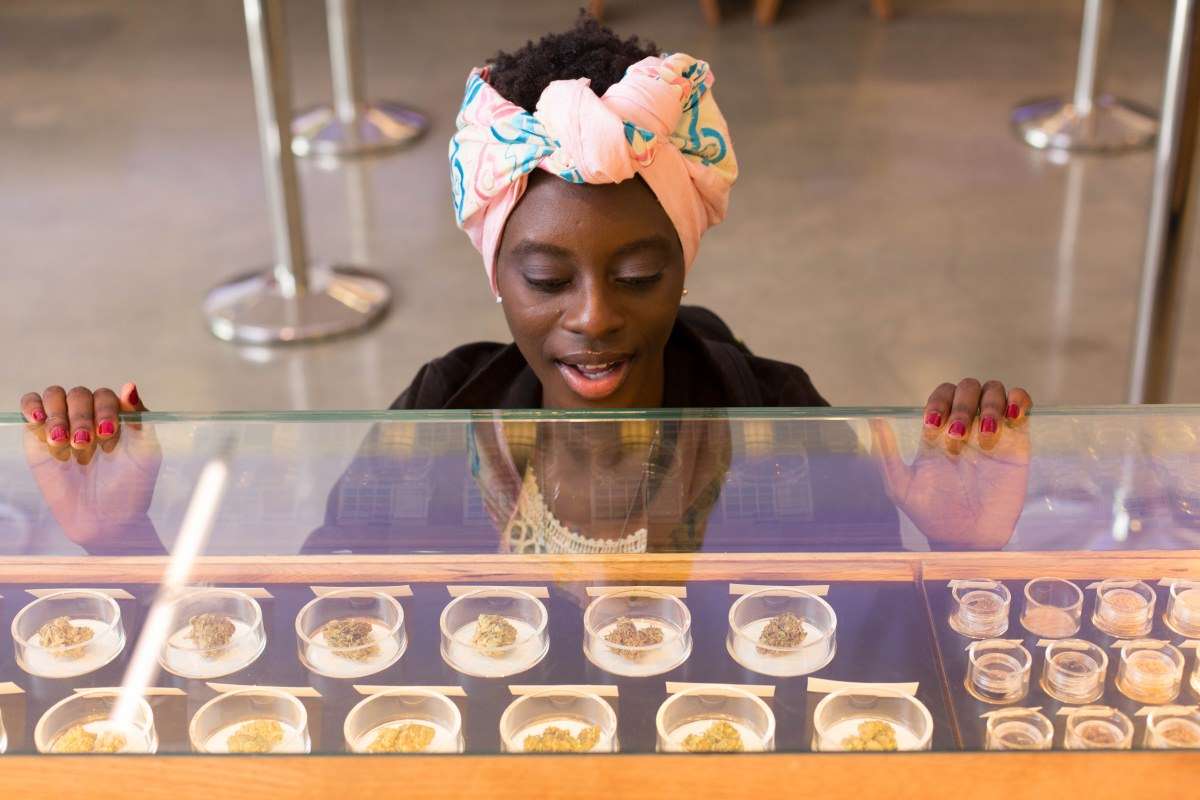More Pot, Less Crime: Medical Marijuana States See Drops in Assaults and Homicides

A study published by the online journal PLOS One yesterday finds that adoption of medical marijuana laws is not associated with an increase in crime and may even result in fewer assaults and homicides. Robert G. Morris and three other University of Texas at Dallas criminologists looked at trends in homicide, rape, robbery, assault, burglary, larceny, and auto theft in the 11 states that legalized marijuana for medical use between 1990 and 2006. While crime fell nationwide during this period, it fell more sharply in the medical marijuana states, even after the researchers adjusted for various other differences between states. Morris and his colleagues suggest that the substitution of marijuana for alcohol could explain this result, although they caution that the extra reduction in crime might be due to a confounding variable they did not consider.
What seems clear is that these crime data do not support the notion that making marijuana more readily available drives up crime rates, whether because of marijuana's effect on behavior (including use of other drugs) or because of robberies associated with cash-heavy cannabusinesses:
The central finding gleaned from the present study was that MML [medical marijuana legislation] is not predictive of higher crime rates and may be related to reductions in rates of homicide and assault. Interestingly, robbery and burglary rates were unaffected by medicinal marijuana legislation, which runs counter to the claim that dispensaries and grow houses lead to an increase in victimization due to the opportunity structures linked to the amount of drugs and cash that are present….This is in line with prior research suggesting that medical marijuana dispensaries may actually reduce crime in the immediate vicinity.
How relevant is research on medical marijuana laws to the debate about broader forms of legalization? Highly relevant, if you take the view that medical marijuana is mostly a cover for recreational use, as prohibitionists tend to argue. In truth, the legal regimes governing the medical use of marijuana range from very strict (such as New Jersey's) to very loose (such as California's). But it is fair to say that a lot of people with doctor's recommendations in the looser states are recreational users in disguise. It therefore makes sense that legalizing medical marijuana would be accompanied by a decline in drinking, as Morris et al. suggest. Such a substitution effect may also explain why medical marijuana laws are associated with a decline in traffic fatalities.


Show Comments (31)